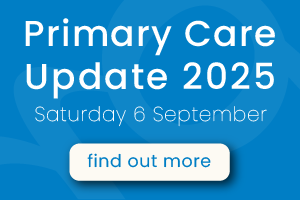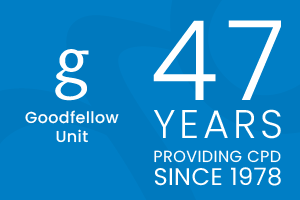Starts 08:30 Auckland local time, (New Zealand (NZDT) UTC/GMT +13 hours)
This webinar is facilitated by Professor Bruce Arroll, with Dr Ray Owen, Consultant Clinical Psychologist & Health Psychologist.
Video: This event was recorded and all registrants have been emailed a link to access the video.
This content is suitable for a wide range of healthcare job roles. You do not need prior knowledge of Acceptance & Commitment Therapy (ACT) or other Psychological Flexibility approaches.
If we are lucky enough to find love in our lives – for a partner, a parent, a child or a pet – then we are likely one day to suffer loss and the pain that inevitably comes with it. This is a universal process and a natural one.
Cultures throughout history have known that compassion, companionship, ritual and practical support are key things that help.
Some people find themselves more ‘stuck’ in grief: it remains at high intensity for many months or years, or they cannot reengage with important areas of their life. Maybe they find ways of coping with their grief that create other problems in their life (withdrawing from others, drinking or drugs, preoccupations with specific memories). Extra support is often needed to help them rebuild a fulfilling life, even with an important figure missing. Many well-established forms of professional help are used either in the acute stages of grief or when longer-term difficulties emerge.
The Psychological Flexibility approach, the best-known form being ACT, is based on a ‘universal’ model of how we all react to the circumstances we find ourselves in, especially the difficult ones. In over 800 Randomised Controlled Trials, it has been shown to be helpful with a range of life challenges – including physical health conditions such as chronic pain, stress, anxiety and depression, addictions, significant mental health problems, workplace stress, child stress and adolescent development and others.
ACT can also be hugely helpful in supporting those who are grieving, helping them to deal with the strong feelings and overpowering thoughts that arise, to make sense of this often-overwhelming experience, to find ways of adjusting to a new life while dealing with the doubts and -often – the guilt of moving forward.
In this webinar, you will learn the following:
- the three core processes that can get in the way of living life well even under difficult circumstances (such as loss), and the ‘Open, Aware, Engaged’ alternative
- how these apply to grief
- how to help people ‘make room for’ difficult thoughts and feelings rather than struggling with them or avoiding them
- how to make meaningful links between the experience of emotional pain and the sufferer’s values
- how to respond to guilt at ‘moving forward’
- how to use the stance of compassionate, respectful curiosity to increase engagement.
Presenter

Dr Ray Owen
Ray has over 30 years of experience working in Palliative Care and other physical health settings in the NHS, voluntary sector and independent practice, including significant amounts of grief work. As well as direct clinical work, he has extensive experience in the teaching and supervision of other healthcare staff in providing psychological support. He is an ACBS Peer Reviewed ACT trainer, and an in-demand teacher both in the UK and internationally.
He is the author of two successful self-help books published by Routledge – ‘Facing the Storm (2011)’ and ‘Living with the Enemy (2014)’ both of which were shortlisted for the British Medical Association’s Popular Medicine Book of the Year Award.

